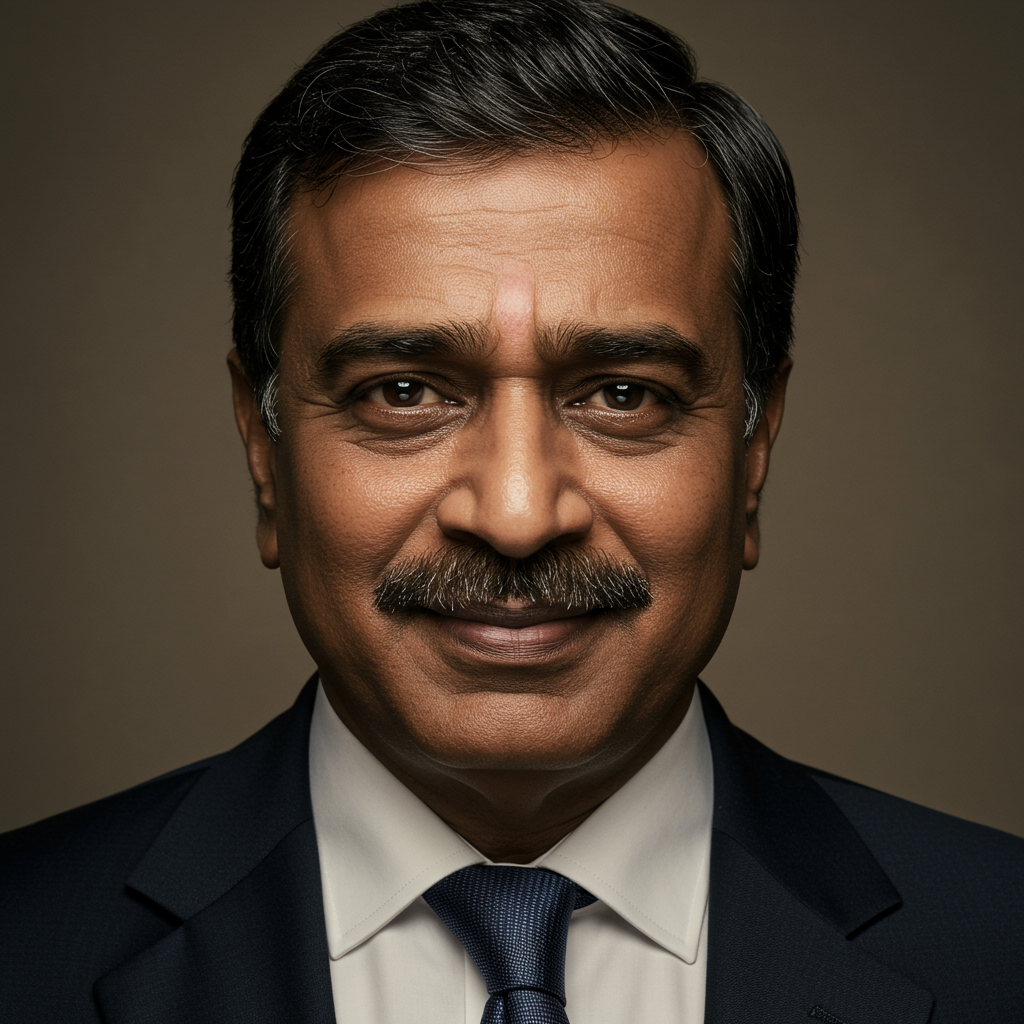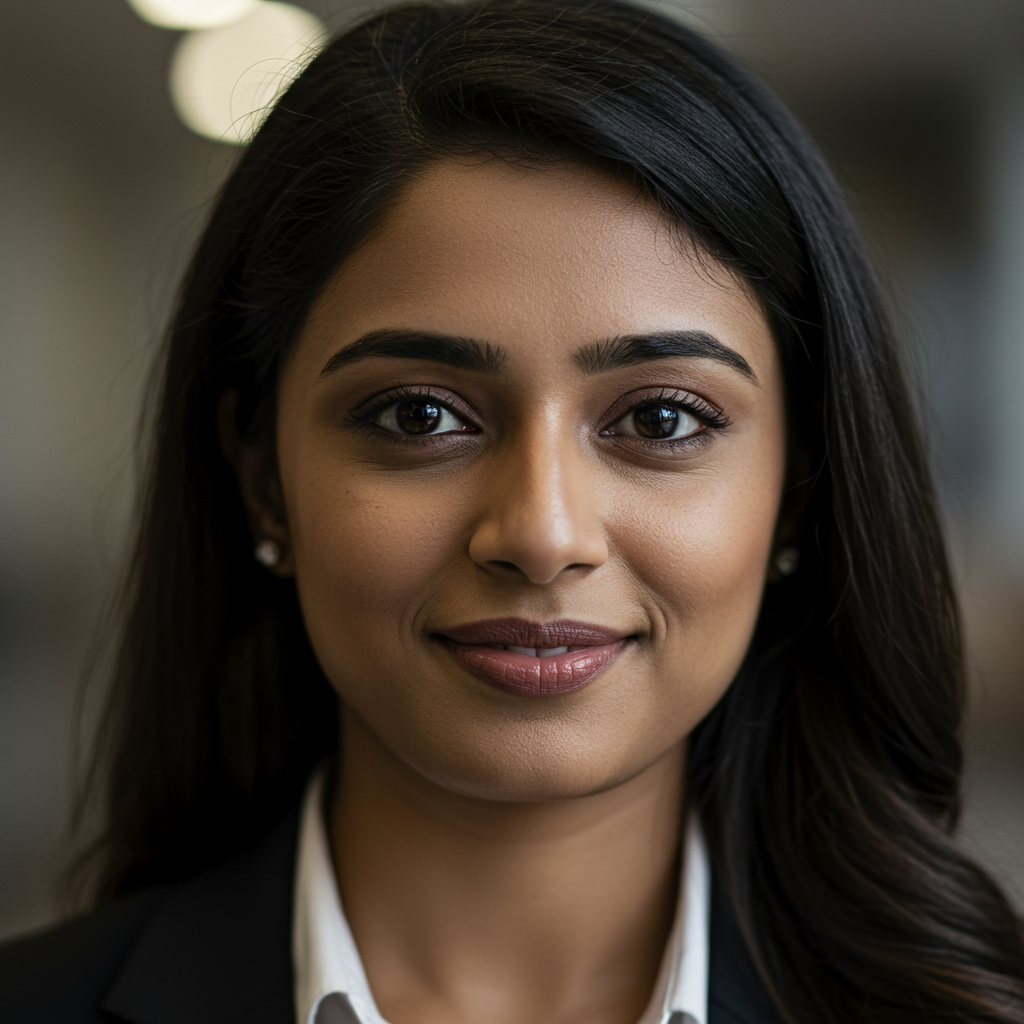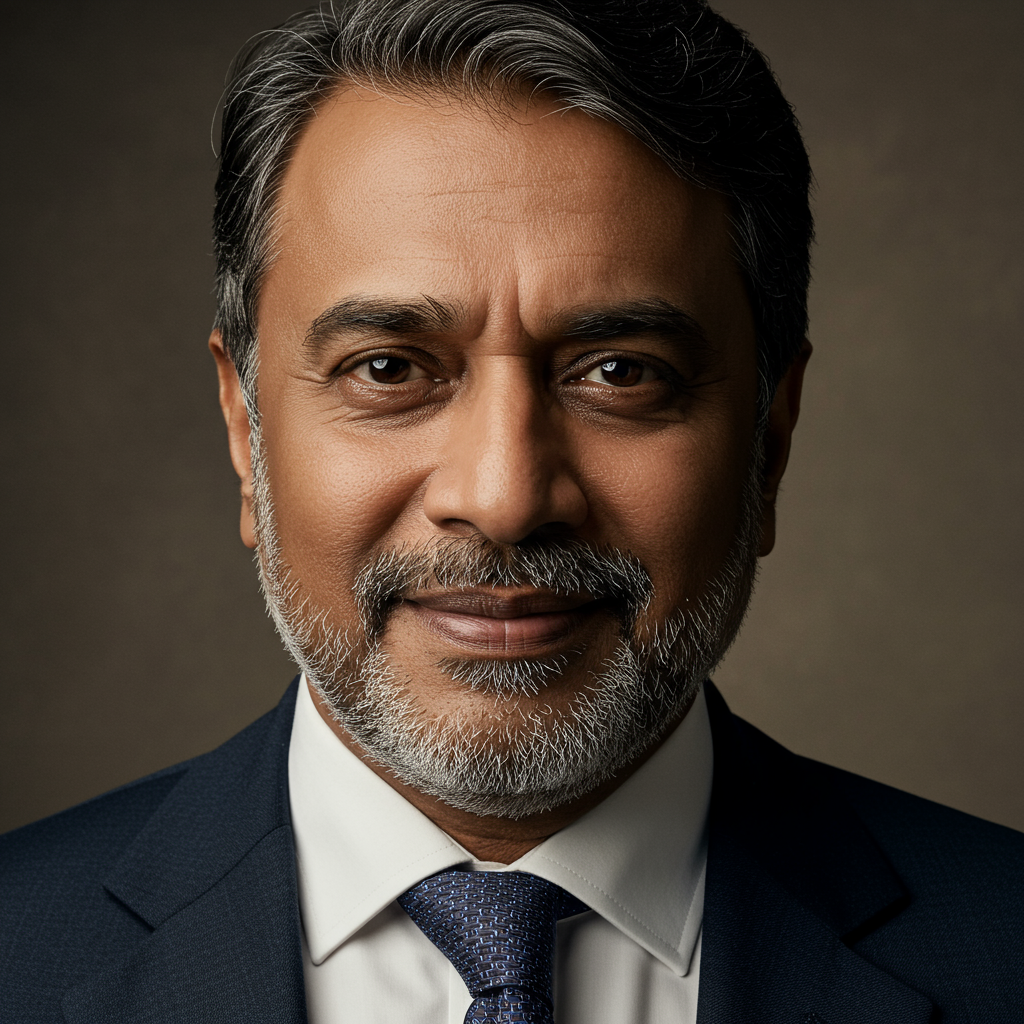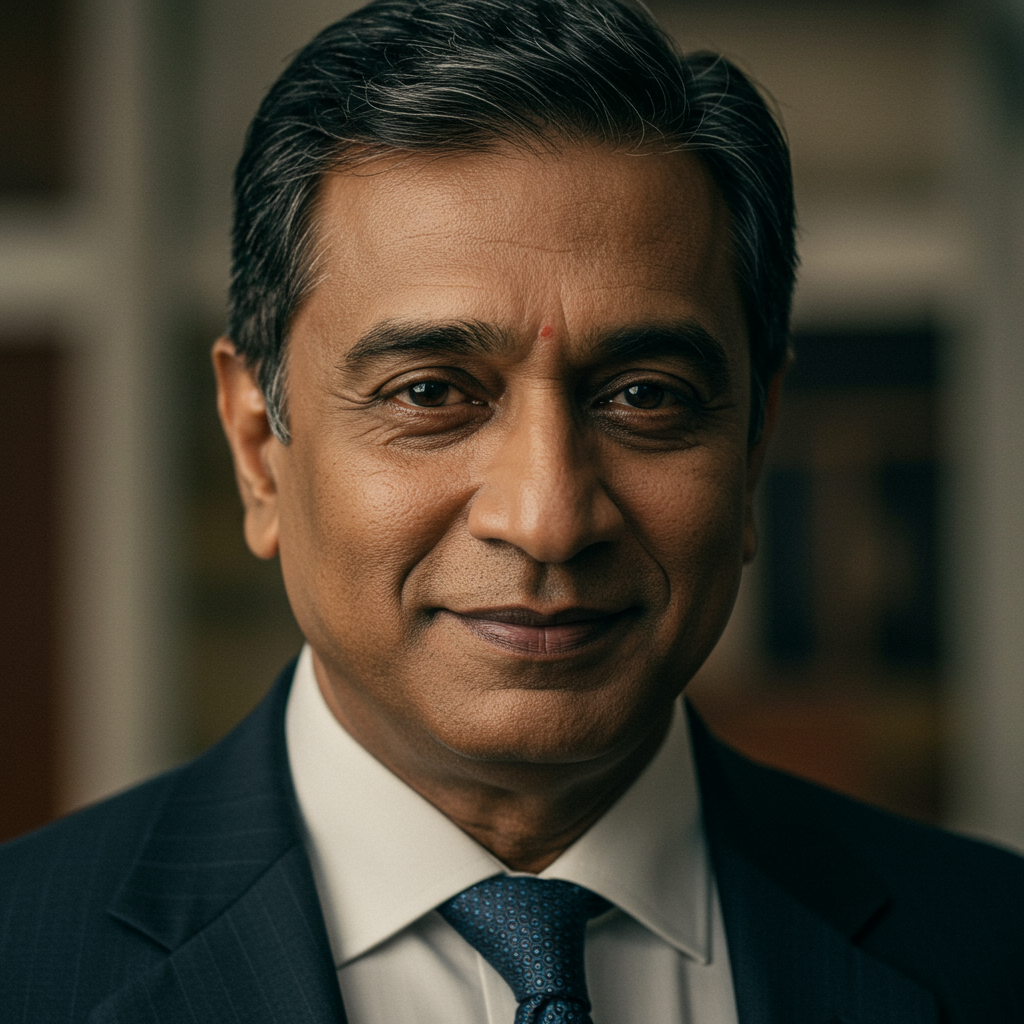.jpg)
NRI Marriage Registration
Google Rating
4.9
Happy Customers
10,000+
Pan India Coverage
750+
Choose Your City
Overview
NRI Marriage Registration
In India, a religious marriage ceremony is observed as a legal marriage. However, marriage registration is, at present, a legal requirement in most of India. Moreover, for immigration and VISA purposes, a formal marriage certificate from the Registrar of Marriages is required. There are different rules and regulations for other religions. There are the Hindu Marriage Act, and the Christian Marriage Act, Muslim Marriage Act, there is the Parsee Marriage and Divorce Act for the Parsee.
What is the procedure for an NRI marriage registration?
An NRI, a Foreigner or a PIO (American, British, Canadians and other people) who wants to get married in India has the accompanying options:
A. RELIGIOUS MARRIAGE CEREMONY FOR NRI MARRIAGE REGISTRATION
In India, a religious wedding function is viewed as a legal marriage. Marriage registration, in any case, is currently a legal necessity in most of India's states. For migration and visa purposes, a formal marriage certificate from the Registrar of Marriages is needed. There are various rules and guidelines for various religions. For instance, the Hindu Marriage Act, the Christian Marriage Act, the Muslim Marriage Act, and the Parsee Marriage and Divorce Act for the Parsee.
The Hindu Marriage Act is relevant when the bride and the groom are Hindus, Buddhists, Jains or Sikhs or transformed into any of these religions. The Hindu Marriage Act grants for the conditions of a marriage where under the bridegroom should be 21 years and bride of 18 years, they both should not be within the degree of prohibited relationship.
Hindu Marriage Ceremony
The Hindu Marriage Act of 1955 refers to Hindus, Jains, Sikhs and Buddhists. A strict marriage which has just been solemnized can be enlisted under the Hindu Marriage Act, 1955. The Hindu Marriage Act is relevant when both a couple are Hindus, Buddhists, Jains or Sikhs or have changed over into any of these religions. The Hindu Marriage Act accommodates the marriage condition the husband must be 21 years, and the bride should be of 18 years. The two should not be within the level of a prohibited relationship.
How do I register my Indian marriage in USA?
Suppose one of the parties is a resident of another nation like the USA, U.K. or other. In that case, the registrar may demand a "no objection letter" from the Embassy or Consulate of that country. It may request proof of termination of any past marriages before a marriage certificate will be given.
Suppose one of the parties is a U.S. resident, the registrar may demand a "no objection letter" from the United States Consulate or Embassy. It may also require proof of future marriage termination before the parties are issued a marriage certificate.
The documents needed for registering a marriage under the Hindu Marriage Act are as per the following:
-
Application form appropriately signed by both a couple
-
Documentary proof of date of birth of both husband and wife (Birth Certificate/Matriculation Certificate/Passport)
-
The minimum age of the husband and the wife is 21 years at the enrolment hour, which comes under the Special Marriage Act Ration card of spouse or wife whose area SDM has been approached for the Certificate.
-
-
Affidavit by both the bride and groom's parties stating date and place of marriage, date of birth, marital status at the hour of nationality and marriage.
-
Two passport size photographs as well as one marriage photo of both the parties.
-
Marriage greeting card, if available.
-
If marriage was solemnized in a religious, a priest's Certificate is required who observed the marriage.
-
As per the Hindu Marriage Act or Special Marriage Act, an attestation that both the parties are not related to each other and are within the prohibited degree of relationship.
-
Attested copy of separation order/order in case of a divorced person and death certificate of life partner in widow/widower.
-
One of the parties belongs to other than Hindu, Jain, Buddhist, and Sikh religions, a conversion declaration from the priest who solemnized the marriage.
-
A Gazetted Officer must attest all the documents only excluding receipt.
Confirmation of the documents gets completed on the date of application. And a day gets fixed, which is conveyed to the parties for registration. On the said day, the two parties and a Gazetted Officer who went to their marriage should be available before the SDM. The marriage declaration under the Hindu Marriage Act is issued within a couple of days or on the same day.
B. CIVIL MARRIAGE CEREMONIES IN INDIA FOR NRI MARRIAGE REGISTRATION
Parties who don't wish to get married in a religious ceremony can decide to get married for a civil ceremony indicated by the Indian Special Marriage Act of 1954. In case that a marriage between an Indian and a foreign national is to happen in India; usually, it is needed to document notification of proposed marriage with a Marriage Registrar of one's choice in India. That notice is needed to be published for the specified 30 days. Towards the finish of the 30 days, the Marriage Registrar is allowed to perform the marriage. The notification of proposed marriage must be given in India if one partner is permanently and the other temporarily lives in India. Suppose one partner is dwelling in a foreign country. In that case, the partner who is an occupant in India should fill out the "Marriage Notice" from the Marriage Registration Office of his/her choice. Then send it to his/her partner in the foreign country who will likewise need to fill it out. The partner should then send the "Notice" back to India's partner to re-submit it at the Marriage Registration Office. After the specified waiting time of 30 days, the marriage can happen in India. Following the Special Marriage Act, 1954, a certificate demonstrating the persons married, the registrar and the witnesses will be issued. The Certificate is needed as verification of the marriage and while applying for a foreign nation visa.
The accompanying documents are needed for both the parties:
-
a valid Passport
-
Original Birth Certificate showing guardians' names
-
if the individual concerned is widowed, the original death certificate of the deceased spouse
-
If separated, the duplicate of the final documentary or decree proof regarding the stay in India of the parties for over 30 days (ration card or report from the concerned SHO)
The American resident who wishes to partake in a civil marriage ceremony might be needed to present to the marriage official a "no objection letter" from the U.S. Consulate or Embassy, also the proof of termination of any past marriages. Likewise, the registrar might need a resident of another foreign nation to present marriage official a "no objection letter" from the Consulate or Embassy of his country, and proof of termination of any past marriages.
Basically, under the Special Marriage Act, the parties, usually, should wait for a minimum of 30 days from the date of the application to formalize the marriage with the goal that the marriage official can publish a newspaper advertisement considering the chance for any objections to the wedding to be told.
Personal Laws of Marriage and Divorce, India
India is a country of numerous cultures and religions. Every resident of India is qualified to have his very own laws in marriage and divorce. There are various regulations and guidelines for various religions. For instance, the Hindu Marriage Act, the Christian Marriage Act, the Muslim Marriage Act, and the Parsee Marriage and Divorce Act. In the Hindus, Sikhs, Jains and Buddhists, they are represented by the Hindu Marriage Act, 1955, which accommodates marriage conditions. The Act states that the husband needs to be the age of 21 years, and the wife must be of 18 years, the two of them should not be inside the degree of prohibited relationship. One can acquire separation under the Hindu Marriage Act 1955 on different grounds. Muslims also have their law, which expresses that Nikah or marriage is an agreement and might be temporary or permanent and grants a man, four wives, on the condition that he treats everyone equally. Additionally, for the Parsees, there is a Parsee Marriage and Divorce Act, 1939, which administers their marriage and law arrangements. There is also the Indian Christian Marriage Act 1889 for the Indian Christian.
Marriage in India- The Special Marriage Act
The Indian Special Marriage Act 1954 allows marriages between people who are not of a similar community or various religions or identities. The Act's scope incorporates India's whole territory and proposes spouses who are both Indian nationals living abroad.
The groom should be of minimum 21 years of age, while the bride should be 18 years old. The two players ought to have the full intellectual ability and not be at present married. Parties to the marriage should tell their intention to solemnize the marriage before a marriage official in the locale wherein at least one of the parties has lived for 30 days before the notification. Notice the planned marriage is registered into the Marriages Notice Book, which is open for public inspection with an inspection expense. The public has the option to object the marriage for the accompanying 30 days. Any objections should be inspected and settled inside within an extra 30 days.
Before the marriage's solemnization, both the parties and three witnesses should sign a statement before a marriage official, who will sign the document. The marriage might be observed in any form that the parties wish to embrace as long as the solemnization happens at the marriage registrar’s office or any place that the marriage official approves.
The marriage should incorporate the trading of the accompanying statement: "I (name of self) take you (name of a partner) to be my lawful wedded (husband or wife)."
After the solemnization, the marriage official will enter the declaration in the Marriage Certificate Book. Both the parties and the three witnesses should sign the statement. The entry of the decree in the book is considered convincing proof of a legal marriage.
Under this Act, one might enrol any marriage in India. The parties of both sides should mutually apply for the marriage registration. Following 30 days of notice to the general public, the marriage official will enter the Marriage Certificate Book certificate. The bridegroom and the bride and three witnesses should sign the Certificate.
Registration of Marriage in India for NRIs
A marriage in India is needed to be enrolled in the vast majority of the cases. The state governments have or are wanting to make the registration of marriage necessary in all instances. A marriage declaration is additionally needed most of the time for visa purposes.
Besides, the Indian Special Marriage Act, 1954, which applies to all residents regardless of their religion, requires marriage enlistment by a marriage official.
The Indian Christian Marriage Act, 1872, executes the enlistment necessary. It accommodates entry in a marriage register kept in the Church not long after the wedding function and the bride and bridegroom's sign.
The Hindu Marriage Act, 1955, specific provisions exist for the enrollment of the marriages. In any case, the government had left it to the bride’s choice and groom families to either solemnize the marriage before a registrar centre or register it after the function in a traditional manner. The non-registration of a marriage doesn't nullify it under the Hindu Marriage Act.
Under the Parsi Marriage and Divorce Act, 1936, it has made the enlistment mandatory.
Fast-track Registration of NRI Marriages
As of late wedded NRI Hindu couples from the city of Chandigarh won't need to wait for two long months will get their marriages enlisted. In 2006, U.T. Deputy Commissioner issued directions to enrol such NRI couples' wedding under the Hindu Marriage Act (HMA). Till now, NRI marriages were being enlisted under the Special Marriage Act (SMA).
The request applies only to the city of Chandigarh. Prior it was deciphered that the Hindus living abroad were not covered under HMA. After experiencing a new Kerala High Court verdict in 'Vinaya Nair v. Corporation of Kochi' case, the issue has been reconsidered.
Under SMA, both parties may be of any region or religion. The couple should be of lawful age with having finished one month as husband and wife. After they present their enrollment application, a notification is distributed whereby 30 days is given to parties to document their objections, assuming any, to the marriage. So, the enrollment takes a time of two months. In any case, on account of HMA, a couple can get their marriage enrolled the following day.
The Kerala High Court has accepted a more extensive view similar to 'domicile' parties concerned. If the parties are Hindu and marriage has occurred in India as per Hindu ceremonies, the registrar should take a broader viewpoint. One can't deny registration because the parties aren't domicile of India.
Document Checklist
Why Nriway?

Secure Payment Gateway
Assured payment gateway and user information security

Document Confidentiality
Get end-to-end security through encryption for all your documents with PII (Personally Identifiable Information)

Vetted Service Providers
Verified providers delivering service of highest quality

Round the clock Client Support
24/7 email, chat, and phone support available, with a presence in the USA and India.

Dedicated Account Manager
End to End order management

Competitive Pricing
Price match guarantee & market driven pricing

Easy Refunds
Enjoy hassle-free refunds for any unused services

Order Tracking
Constant flow of communication throughout the process with systematic order tracking

Customer Friendly Interface
Intiative User Interface with On-page communication, order tracking, payment gateway, and secure document upload features.
Why Nriway?

Secure Payment Gateway
Assured payment gateway and user information security

Document Confidentiality
Get end-to-end security through encryption for all your documents with PII (Personally Identifiable Information)

Vetted Service Providers
Verified providers delivering service of highest quality

Round the clock Client Support
24/7 email, chat, and phone support available, with a presence in the USA and India.

Dedicated Account Manager
End to End order management

Competitive Pricing
Price match guarantee & market driven pricing

Easy Refunds
Enjoy hassle-free refunds for any unused services

Order Tracking
Constant flow of communication throughout the process with systematic order tracking

Customer Friendly Interface
Intiative User Interface with On-page communication, order tracking, payment gateway, and secure document upload features.
How it Works?

Search for Services
Search smart from hundreds of services in different categories from across the platform

Book Your Service
Choose your services and buy with confidence accompanied with easy buy with hassle-free cancellation support

Upload Document
Upload the required documents with end-to-end encryption and complete online security for your data

Verification, Costing & Feasibility
Your documents will be verified and you will receive your costing. After getting your costing make an interim payment for your booking

Make Payment & Track Progress
Get your costing followed by event-based tracking, alerts, and notifications at your fingerprints

Service Delivered
We will mail your document to your desired address. You can track the status of your order anytime during the entire process.
Testimonials

Arun Mehta
NRI Document Services

Shalini Rao
NRI Document Services

Vivek Malhotra
NRI Document Services

Neha Kapoor
NRI Document Services

Rohan Desai
NRI Document Services
Testimonial
NRIWAY handled my NRI document requirements with complete professionalism. From verification to delivery, everything was smooth.
Testimonial
I used NRIWAY for NRI document services, and I’m very satisfied. The team explained the process clearly and completed it quickly.
Testimonial
The staff at NRIWAY are knowledgeable and helpful. My NRI document process was handled efficiently without any delays.
Testimonial
NRIWAY is my go-to for NRI document services. They deliver on time and keep you updated at every step.
Testimonial
I’m impressed with how NRIWAY handled my NRI documents. The process was transparent and customer support was excellent.
FAQs

Awards We Have Received
NRIWAY is honored to be part of the Start-Up India Program. As a part of Orange Leaf Services Pvt. Ltd., NRIWAY was founded in 2018 to serve the Indian diaspora across the globe for their documentation, financial, and property management needs. NRIWAY identifies niche services for NRIs and aims to standardize the process from start to finish. Setting itself apart, NRIWAY prioritizes exemplary customer service and offers transparent pricing.
Blog Posts




Property Management
Home Rent Rules 2025: Key Updates Every Tenant and Landlord Should Know
Read More

Non Availability of Birth Certificate
How I Got My NABC in Chennai: A Real Case Study for NRIs Navigating Indian Bureaucracy
Read More

Our Partners






















Search By City
